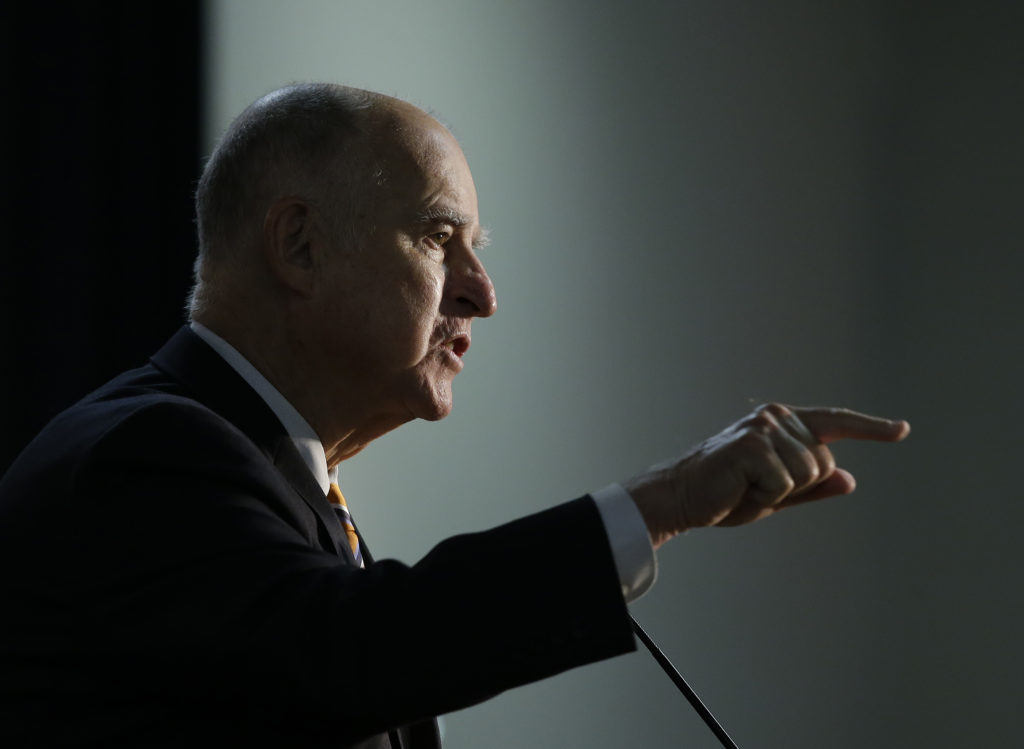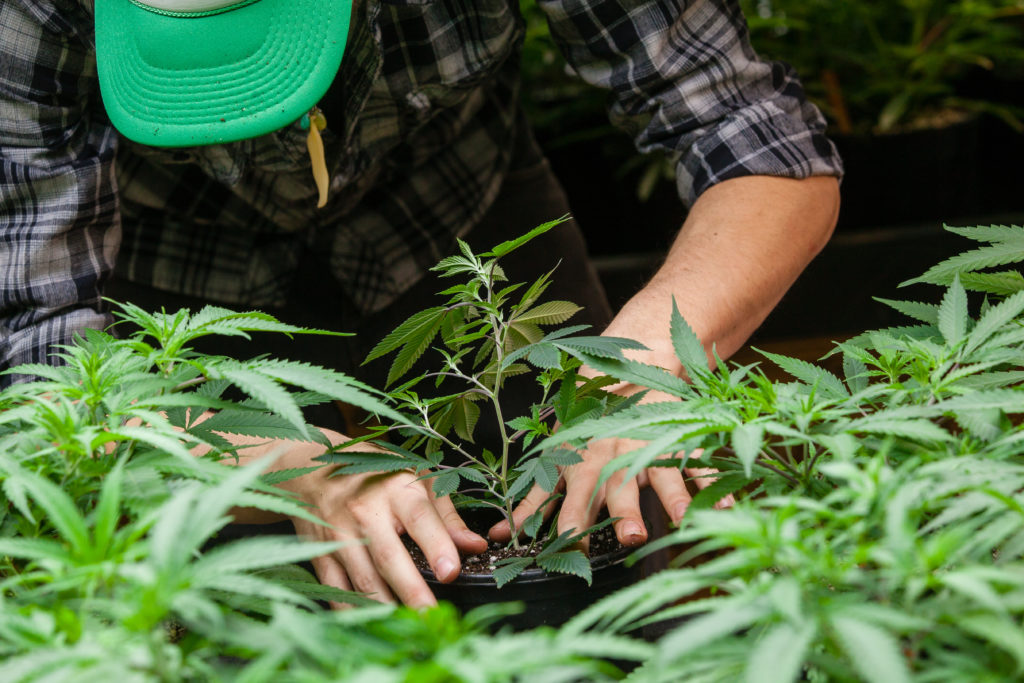California Gov. Jerry Brown signed two cannabis-related bills this week, moves that will allow cities to decide on pot sales at festivals or special events and provide funding for a program aimed at addressing the harm of cannabis criminalization on those trying to enter the now-legal market.
One would allow people to use and buy marijuana at festivals or other public events, as long as the organizer gets permits and permission from state and local authorities. California already allows such events, but they can only be held on county-owned property like fairgrounds. The bill, written by Assemblyman Bill Quirk of Hayward, would allow cities to approve pot use at special events on other properties as well.
The other bill seeks to help people who have been harmed by the criminalization of marijuana to get in on legal sales of the drug. It’s a response to concerns that people ensnared in aggressive enforcement of marijuana laws can’t get bank loans or technical support to get cannabis licenses. The state budget includes $10 million for the fund.
“The signing of SB 1294 recognizes the failed efforts of the war on drugs, but more importantly, it highlights the disproportionate devastation cannabis criminalization has had on communities and helps address the harms by reducing barriers to licensure and increasing opportunities for employment,” said Senator Steven Bradford, who authored the legislation. “This bill will aid in the development of a safer and healthier cannabis industry that benefits all Californians.”
The bill cites statistics from the California Department of Justice showing that from 2006 to 2015, African-American and Latino residents were two times more likely to be arrested for cannabis-related misdemeanors and five times more likely to be arrested for cannabis-related felonies than their white counterparts.
Senate Bill 1294, or the California Cannabis Equity Act, argues that prohibition has made it much harder for those convicted of marijuana-related crimes to enter the now-legal cannabis industry.
“Cannabis prohibition had a devastating impact on communities across California and across the United States. Persons convicted of a cannabis offense and their families suffer the long-term consequences of prohibition. These individuals have a more difficult time entering the newly created adult-use cannabis industry due, in part, to a lack of access to capital, business space, technical support, and regulatory compliance assistance.”
The cities of Los Angeles, Oakland, Sacramento and San Francisco have similar equity programs, according to the American Civil Liberties Union.
Last week, Brown vetoed a bill that would have given a tax break to all licensed commercial cannabis businesses by allowing them to deduct business expenses under the state’s personal income tax law. Under Assembly Bill 1863, the state would have lost an estimated $13 million to $1 billion in revenue from licensed cannabis businesses.










